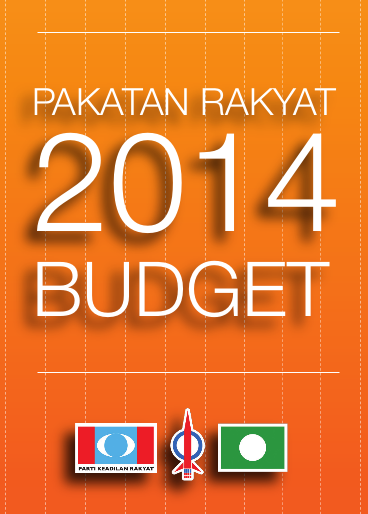Is 1BestariNet simply a way for taxpayers to fund YTL's 4G infrastructure expansion across the country?
Earlier this week, I revealed how YTL Corporation Bhd and its subsidiaries have been awarded a lucrative monopoly over a series of ambitious ICT projects by the Ministry of Education aimed at digitising our entire school system by providing laptops for every student, an e-learning platform and high-speed broadband in every school.
The three major projects that have been awarded to YTL are as follows:
High-speed 4G broadband under the 1BestariNet programme to all schools (RM663 million for a contract of 2.5 years);
A Virtual Learning Environment (VLE) platform for teachers, students and parents (RM250.5 million for fixed-term licensing fees and RM262.8 million for management and maintenance costs); and
Chromebooks under the 1 Student 1 Device programme (RM139.6 million for an initial order of 116,399 units at a cost of RM1,200 per unit).
I have also raised questions regarding the rationale for awarding YTL a blanket monopoly over the above programmes, in view of the fact that YTL is neither a known specialist in the field of education nor a manufacturer or supplier of computer hardware. In fact, I have shown that the price of Chromebooks supplied by YTL appear to be more expensive than similar units available for retail, despite the large quantity ordered.
Yesterday, I questioned the efficacy of the VLE platform, and pointed out some examples in the UK where similar VLE projects have not produced desired results, especially in cases where teachers are unable to fully implement the system as intended. This raises the question of whether our own teachers are able to utilise and teach with the VLE, bearing in mind that the PPSMI (Teaching and Learning of Mathematics and Science in English) policy had failed miserably because our teachers lacked competency in English.
As for the 1BestariNet project, I received a Parliamentary reply stating that it entails the installation of high-speed broadband based on 4G technology, with a minimum speed of 4Mbps to 20Mbps, covering 9,889 schools throughout the country. As at 5 June 2013, 7,139 schools have already been equipped with 1BestariNet. The cost of the project is RM663 million for a contract lasting two years and six months beginning January 2012, of which RM463 million or 69% has been disbursed.
The rollout of 1BestariNet also includes the erection of telecommunications towers in and around school compounds. As at 31 May 2013, 1,503 1BRIS (1BestariNet Receiver Integrated System) towers have been built and are in operation, while 281 have been built but not yet operational. 53 1BRIS towers are still under construction.
The installation of these telecommunications towers raises quite a few questions. According to a report by fz.com on 10 May 2013, YTL director Yeoh Seok Hong is quoted as saying that the “towers going up at the schools won't just provide wireless Internet connectivity at the school, but in surrounding areas too.” In other words, YTL will effectively be able to use these towers to offer their YES 4G broadband services to residents in the surrounding community.
If that is the case, then it is necessary for the Ministry of Education to explain the following:
Are taxpayers effectively funding the commercial expansion of YTL’s YES 4G network?
Why is YTL allowed to generate additional profits from infrastructure installed on school premises and meant for educational use?
Will YTL be charged a fee for using school land for commercial purposes?
The Ministry must immediately answer the above questions. If true, then this scandal has taken cronyism to a whole new level. Not only does YTL stand to benefit from a multi-billion ringgit sweetheart deal to supply products and services at a premium, but they may have also very shrewdly found a way to fund their commercial infrastructure expansion across the country at the expense of the taxpayer!
